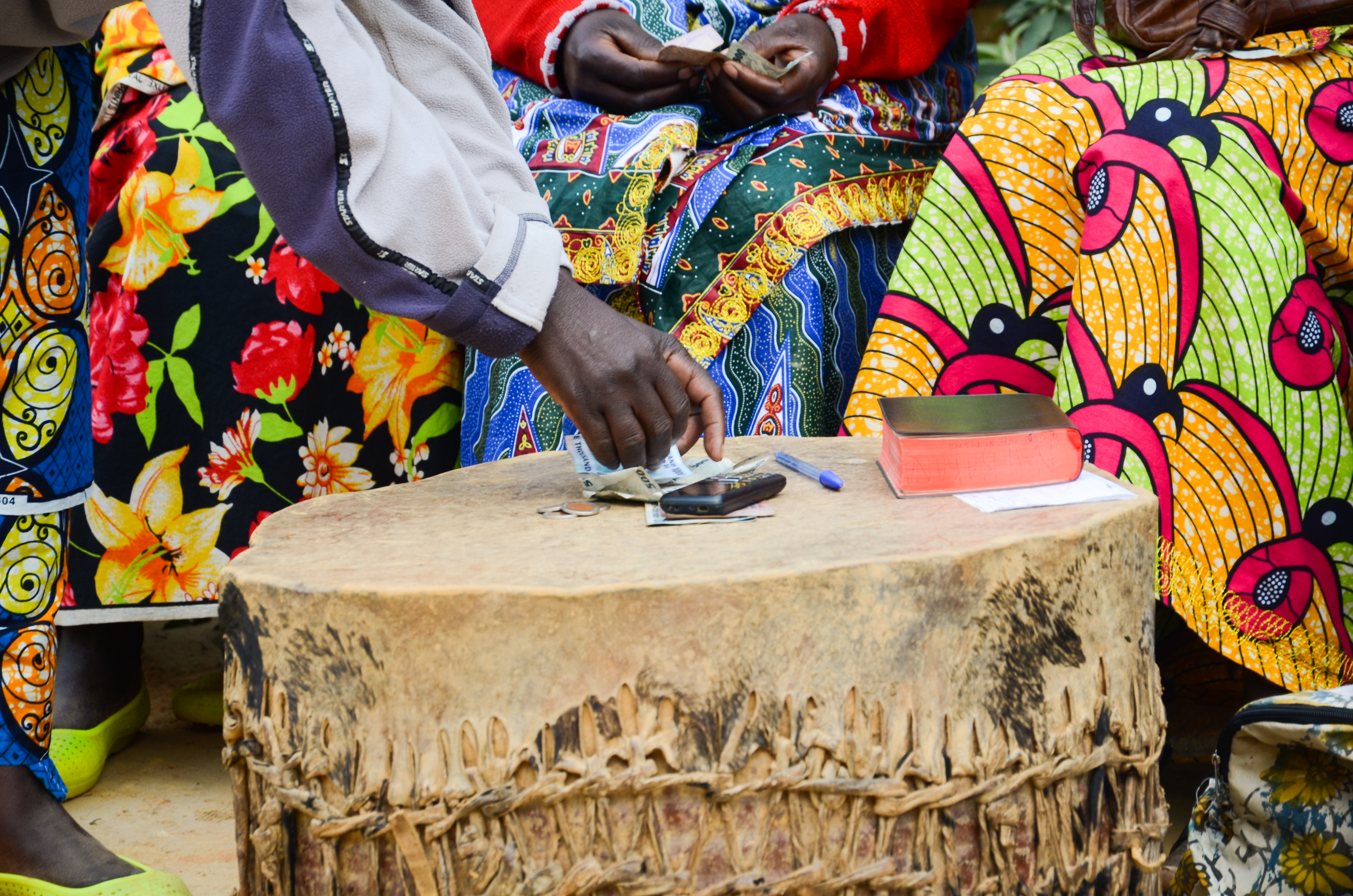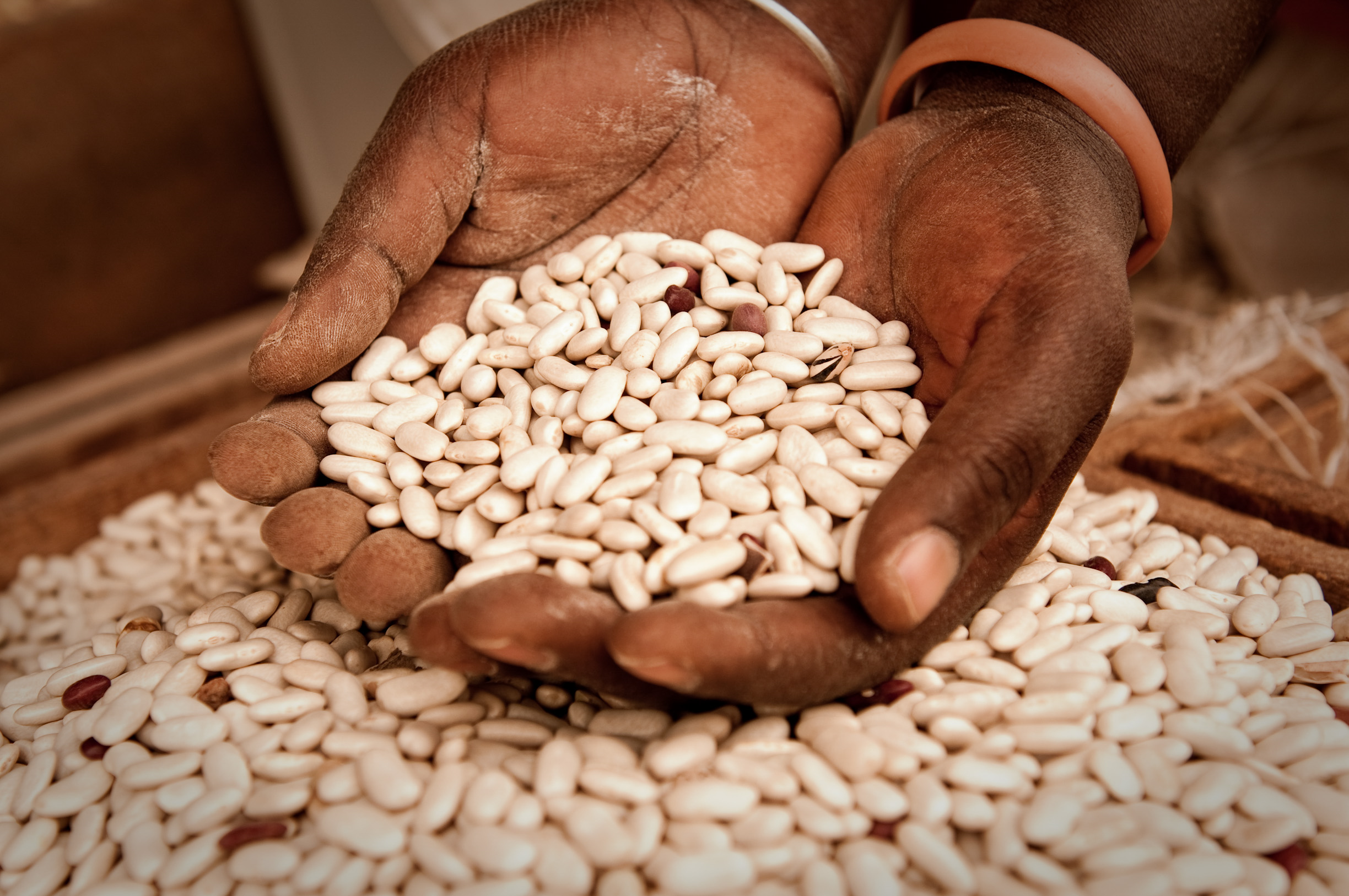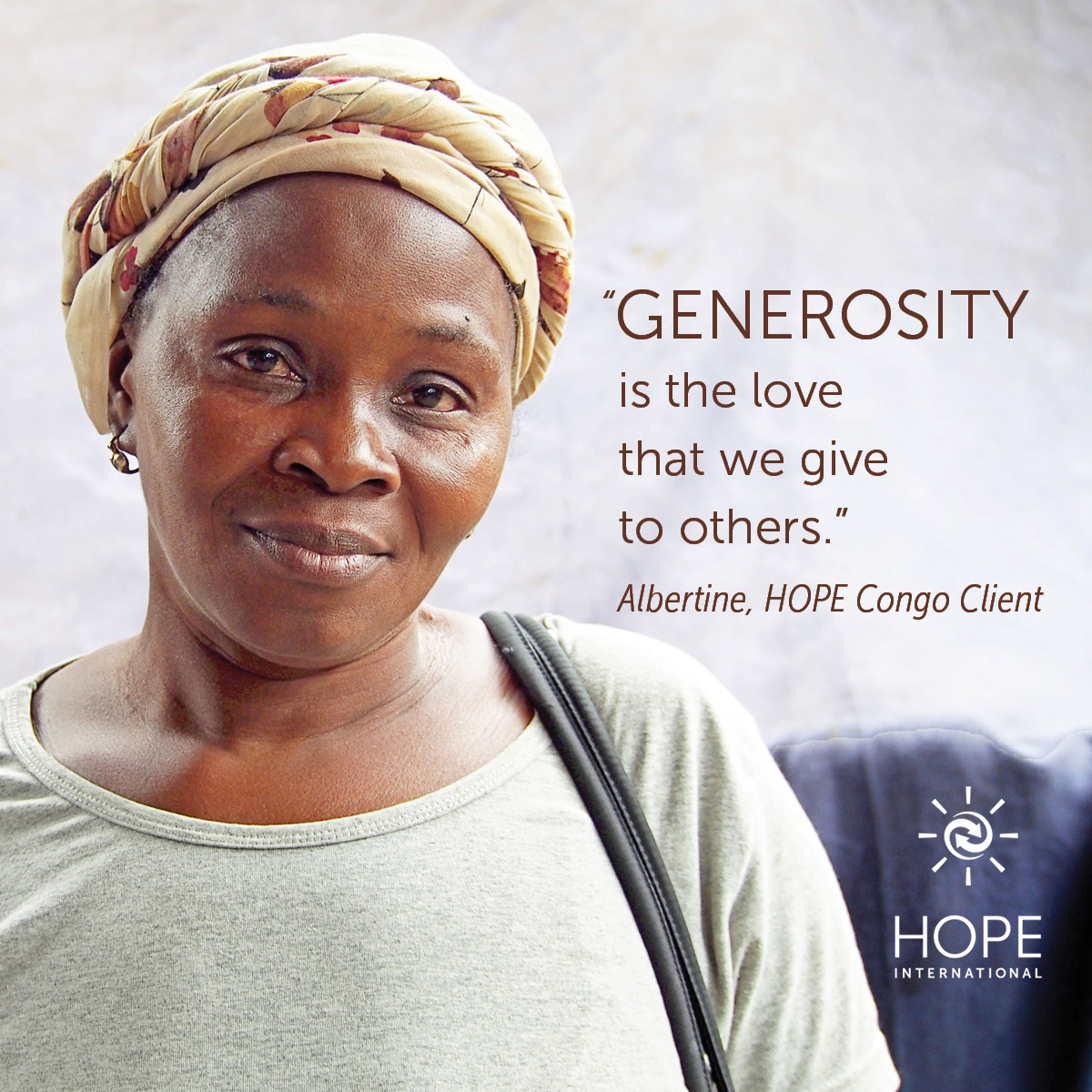A simple way to support multiple organizations from one account: a donor-advised fund (DAF), a personal giving fund.
Continue Reading...Archives For giving
Kathy Dodd was always at a loss when her four adult daughters asked her what she wanted for Christmas. Knowing she had more than enough stuff, she would joke, “Just peace and harmony in our family!”
But after learning about HOPE seven years ago, she soon began requesting items from HOPE’s gift catalog. Now each year, her daughters honor her with a gift while also investing in families around the world.
And Kathy doesn’t just turn to the HOPE gift catalog to build her own Christmas wish list. It’s also become a tradition for her to use it to choose gifts for her four grandchildren, ages two to nine.
Here are three reasons Kathy chooses HOPE’s gift catalog each December: Continue Reading…
When I was young, my parents taught me to manage my money with three envelopes: 50 percent went into the “save” envelope, 40 percent into “spend,” and 10 percent for “tithe.” I remember receiving a $1 allowance, which meant 10 cents went to church every week. But instead of breaking my dollar bill, I would often collect loose change for my tithe. Ever the money-conscious child, I felt proud when I could find 10 pennies for the offering plate. Yikes.
While this memory makes me laugh, I am convicted that at times, I still give out of practicality or convenience rather than generosity. When it comes to giving, it’s much easier for me to be dutiful (for instance, calculating and tithing exactly 10 percent of my income) than openhanded and surrendered (knowing that God could ask me for anything, since all of my resources are His to begin with).
HOPE Intl
HOPE Intl
News Staff / Travelsby Alisa Hoober, Recruitment and Retention Manager
I used to think I was generous. Now I know I have a lot to learn.
I recently had an opportunity to visit HOPE’s savings program in Malawi. We traveled a windy dirt road for several hours to visit a savings celebration in a small village. After meeting for a year and a half, today was the day they were to celebrate the end of their latest savings cycle and receive back the money they had saved. Today was a day to celebrate their hard work. And they were ready to celebrate! We were greeted with singing, dancing, and hugs.
I learned a few things about generosity that day.
There is a difference between giving our leftovers and giving our first fruits.
Shortly after we arrived, we were told that the group had prepared a lunch for us. This was unexpected, but we accepted this as an incredible act of hospitality. We were so grateful. We sat down to a feast of rice, beans, nsima, and chicken. We later learned that this village ate chicken every six months. And they chose to share with us—visitors that they didn’t know. We enjoyed the meal and felt so blessed, knowing that this was an incredible gift we had been given.
This group gave from their first fruits, sharing their best with guests they hardly knew.
HOPE Intl
HOPE Intl
Spiritual Integrationby Phil Smith, Director of Savings and Credit Association Programs
When you think about it, in our common vernacular, we use the word “hands” in so many different ways to describe the everyday events of our lives.
- Ownership or responsibility: “I’ll leave it in your capable hands.”
- Busy schedule: “My hands are full.”
- Act of giving (sometimes with negative connotations): “We don’t want to just give a hand out.”
- Protection from danger: “They didn’t lay a hand on them.”
- Request for (or offer to) help “Could you give me a hand? I’ll give you a hand.”
Over the years, we’ve built up quite a vocabulary on our hands to communicate so much of, well, life! And looking to Scripture, there is the same—if not more—use of the word “hands” as a symbolic and literal descriptor of life. Continue Reading…





















